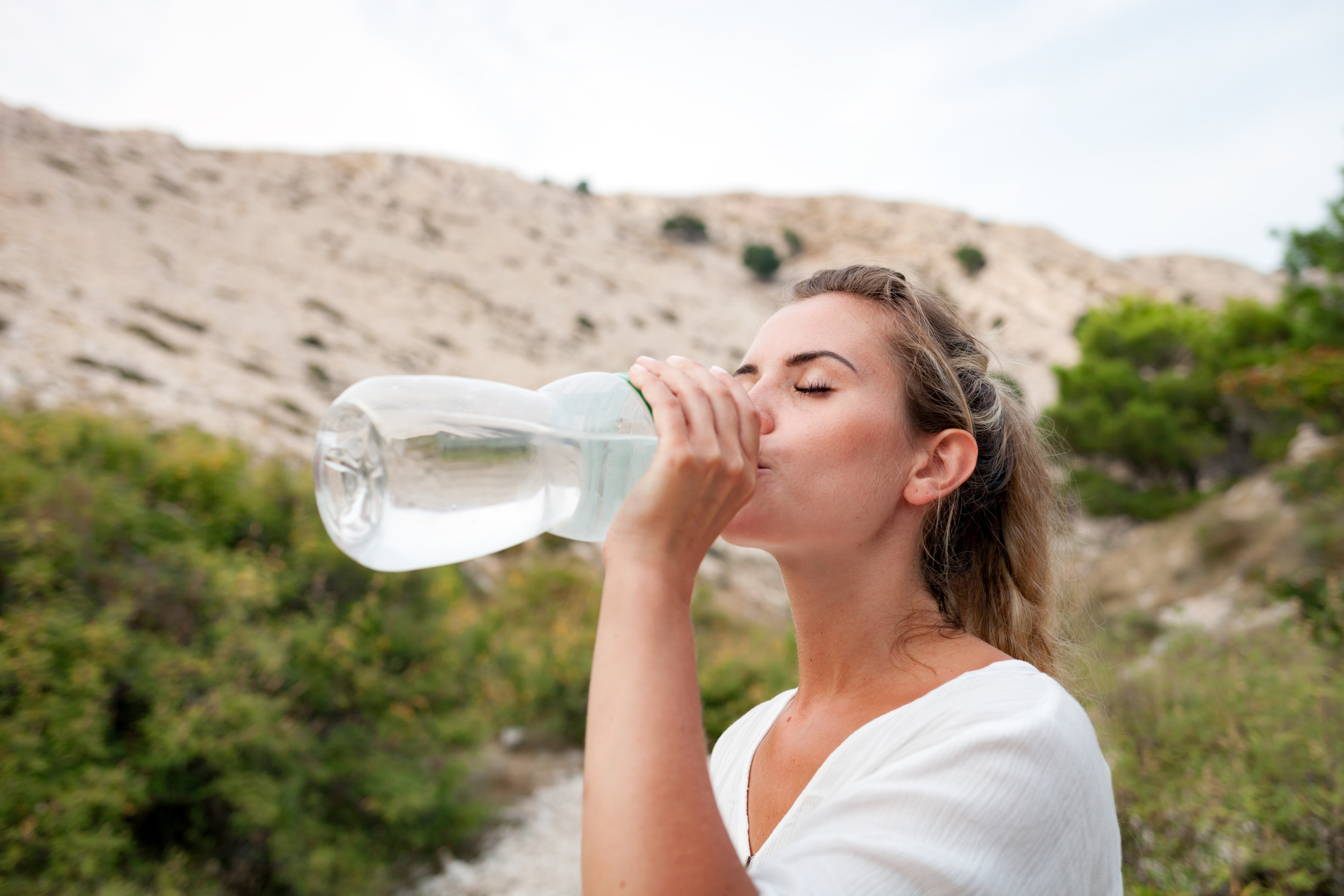When it comes to shedding pounds, diet and exercise often take center stage. However, one simple yet powerful tool is frequently overlooked: water. Proper hydration plays a crucial role in weight management, influencing metabolism, appetite, and overall well-being. But how much water should you drink daily to support your weight loss goals? Here’s a look behind the science of that “magic number.”
How Much Water Should You Drink to Shed Weight?

Image Source: 123rf.com
1. Understanding Your Body’s Water Needs
The amount of water each person requires varies based on factors like age, sex, weight, activity level, and climate. A general guideline suggests that men should aim for about 15.5 cups (3.7 liters) and women about 11.5 cups (2.7 liters) of fluids daily, encompassing all beverages and food sources. However, when focusing on weight loss, some experts recommend drinking between half an ounce to an ounce of water per pound of body weight. For instance, a 160-pound individual might target 80 to 160 ounces (approximately 2.4 to 4.7 liters) of water daily. Listening to your body’s thirst cues and monitoring urine color—aiming for a pale yellow—can also help ensure adequate hydration.
2. Water’s Role in Boosting Metabolism
Drinking water can temporarily enhance your resting energy expenditure, effectively increasing the number of calories you burn at rest. This phenomenon, known as water-induced thermogenesis, occurs as the body expends energy to heat the consumed water to body temperature. Some studies have shown that consuming 500 milliliters (about 17 ounces) of water can boost metabolic rate by approximately 30% for over an hour. While the effect may be modest, consistently drinking water throughout the day can contribute to overall calorie expenditure. Incorporating water intake before meals may further amplify this metabolic benefit.
3. Curbing Appetite with Pre-Meal Hydration
Feeling hungry? Sometimes, our bodies confuse thirst with hunger, leading to unnecessary snacking. Drinking water before meals can promote a sense of fullness, reducing overall calorie intake. Research indicates that individuals who consumed 500 milliliters of water prior to meals experienced greater weight loss compared to those who didn’t. This simple habit can be an effective strategy to control portions and prevent overeating.
4. Replacing Caloric Beverages with Water
Swapping sugary drinks like sodas, juices, and sweetened coffees for water can significantly reduce daily calorie consumption. These beverages often contain high amounts of added sugars and offer little nutritional value. By choosing water, you eliminate these empty calories, supporting weight loss efforts. Additionally, water aids in digestion and nutrient absorption, further promoting overall health. Making water your primary beverage choice is a straightforward step toward achieving your weight goals.
5. Timing Your Water Intake for Optimal Results
Distributing water consumption evenly throughout the day ensures consistent hydration and supports bodily functions. Starting your morning with a glass of water can kickstart metabolism and help flush out toxins. Drinking water before, during, and after exercise replenishes fluids lost through sweat and maintains performance. Limiting water intake close to bedtime can prevent nighttime awakenings for bathroom trips. Establishing a routine for water consumption can make it easier to meet daily hydration goals.
6. Monitoring Hydration Status

Image Source: 123rf.com
Keeping track of your water intake can help ensure you’re meeting your hydration needs. Using a water bottle with volume markers or a mobile app can provide visual cues and reminders. Pay attention to signs of dehydration, such as dark urine, fatigue, dizziness, or dry mouth. Conversely, overhydration can lead to a rare but serious condition called hyponatremia, where sodium levels in the blood become dangerously low. Balancing water intake according to your body’s signals is key to maintaining optimal hydration.
Hydration: A Simple Yet Effective Weight Loss Tool
Incorporating adequate water intake into your daily routine is a straightforward and effective strategy to support weight loss. By understanding your body’s hydration needs, leveraging water’s metabolic benefits, and replacing high-calorie beverages with water, you can create a conducive environment for shedding pounds. Remember, consistency is crucial—make hydration a habit, and your body will thank you.
How do you ensure you drink enough water each day? Share your tips and experiences in the comments below!
Read More
Sucking The Life Out Of You: 4 Things You Are Doing That Dehydrate You Daily
Don’t Ignore These 5 Signs That You Are Dehydrated–Your Life Could Depend On It

